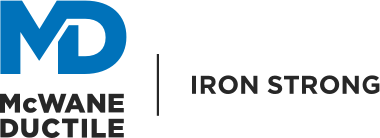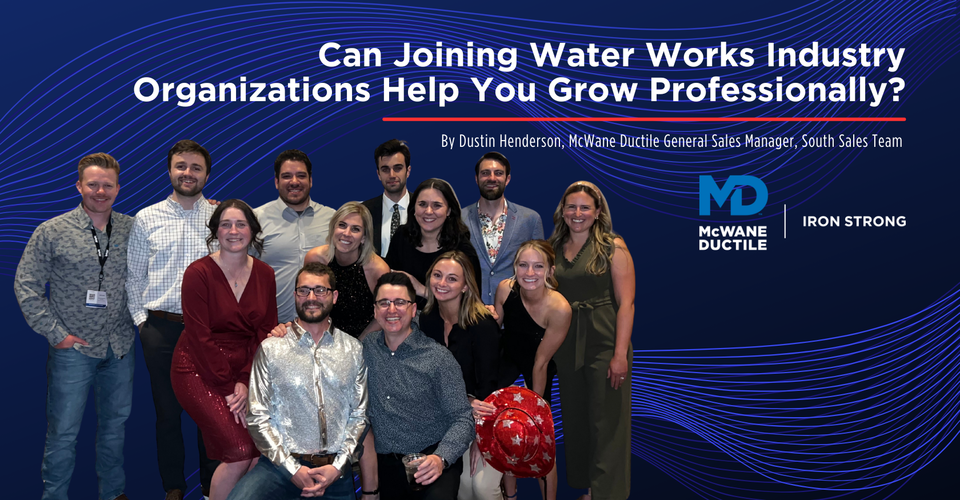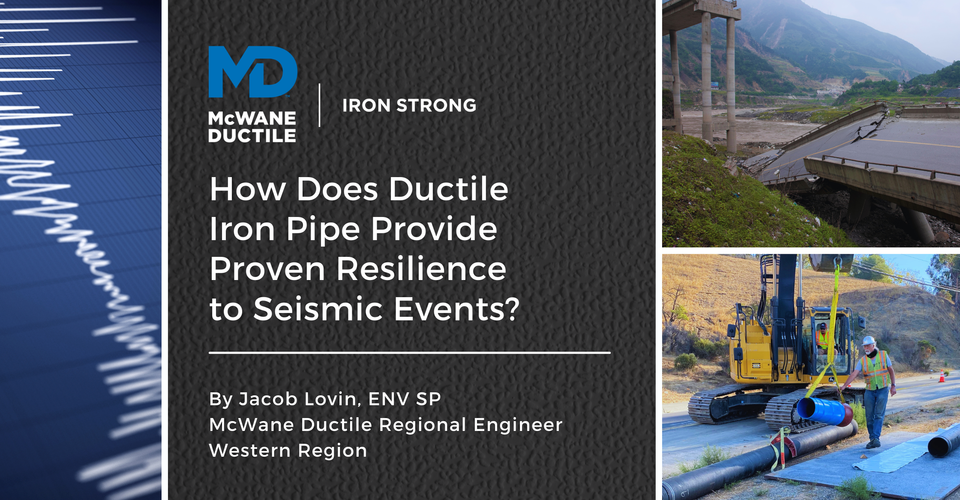If your company provides any goods or services to a governmental entity, such as the Small Business Administration (SBA), Department of Transportation (DOT), or Environmental Protection Agency (EPA), and similar state agencies and municipalities, you may be familiar with requirements to have a percentage of the work performed by Disadvantaged Business Enterprises (DBEs). Many federal, state, and local entities have passed laws and regulations to encourage the use of DBEs in government contracts.
What is a DBE?
DBEs are companies owned and/or controlled by a socially and economically disadvantaged individual.
Examples include:
Each program has its own requirements, but they are similar in most respects and most state and local programs substantially follow the federal guidelines. The programs are designed to ensure that DBEs participate in government projects, often by providing incentives such as bid preferences and additional funding to contractors that include DBEs in their bids and by requiring certain levels of participation.
The government takes these programs very seriously and has recently pursued actions against contractors, DBEs, and suppliers who try to qualify for these incentives and funds under false pretenses.
At the federal level, the programs require that a DBE meet two qualifications to qualify for participation in a federally-funded project:
- The DBE must be certified as a DBE.
- The DBE must perform a “commercially useful function” on that contract.
Steps to Qualifying as a DBE
- The first step is usually simple. If the DBE is owned or controlled by a person in a relevant disadvantaged category, the DBE qualifies. The percentage of ownership and other rules differ and there is no single central agency for certification, but there are many government and private certification groups available.
- The second step usually presents the difficulty. For DBE participation to count towards the DBE goal, the DBE must perform a "commercially useful function" on that contract. A DBE performs a commercially useful function when it is responsible for execution of the work and actually performs, manages, and supervises the work involved.
With respect to materials used on the contract, the DBE must be responsible for negotiating price, determining quality and quantity, ordering the material, and installing and paying for the material itself.
Under most programs, a DBE does not perform a commercially useful function if its role “is limited to that of an extra participant in a transaction, contract, or project through which funds are passed in order to obtain the appearance of DBE participation.” 49 C.F.R. 26.55(c)(2).
A DBE may also be recognized as a broker or dealer. A DBE qualifies as a broker if it assists in procuring the materials, but only the DBE fees, commissions, or transportation charges for delivery of the materials count toward the DBE goal. The cost of the materials does not count. To be a broker, a DBE must not be a manufacturer or regular dealer.
A DBE qualifies as a dealer if it owns, operates, or maintains an establishment where the materials under the contract are bought, kept in stock and regularly sold, or leased to the public in the usual course of business.
Projects Requiring DBEs
For projects with DBE utilization requirements, a contractor should first locate available, qualified, and certified DBEs. Many sources are available. If the contractor cannot locate any or enough DBEs despite good faith efforts, there are usually waiver provisions in the requirements, but the contractor will be required to show efforts made. Contractors should work in good faith to locate qualified DBEs and should thoroughly document those efforts.
Using DBEs that do not meet both qualifying steps can lead to claims against the contractor, the DBE, and any supplier to the DBE. This could result in fines, penalties, restitution, criminal prosecution, prison time, and debarment.
Stay tuned for more articles to come on recent cases of fraud involving DBE’s and information on how best to avoid problems, including ways to qualify for waivers.
See regulations at 49 CFR Part 26, 13 CFR Part 121 and the following sites for more information on some of the federal programs:













